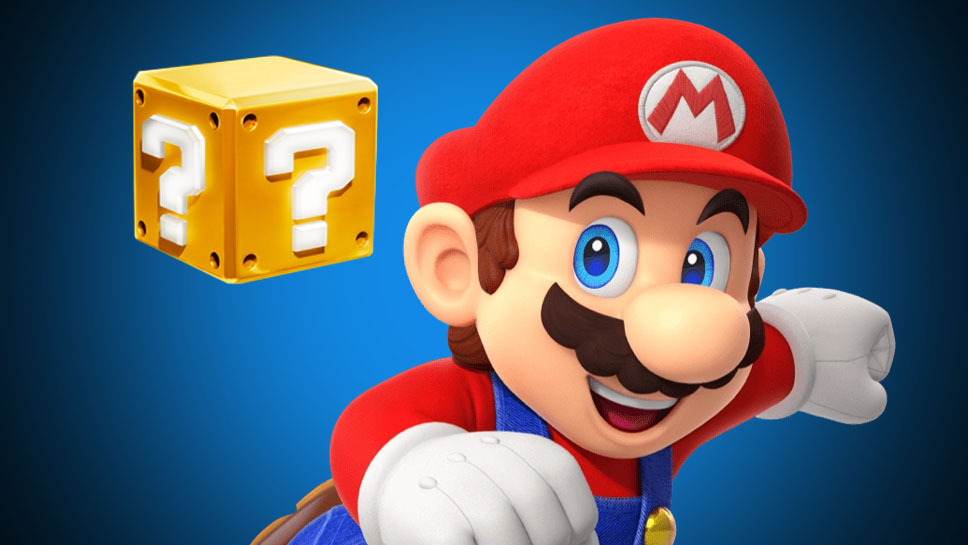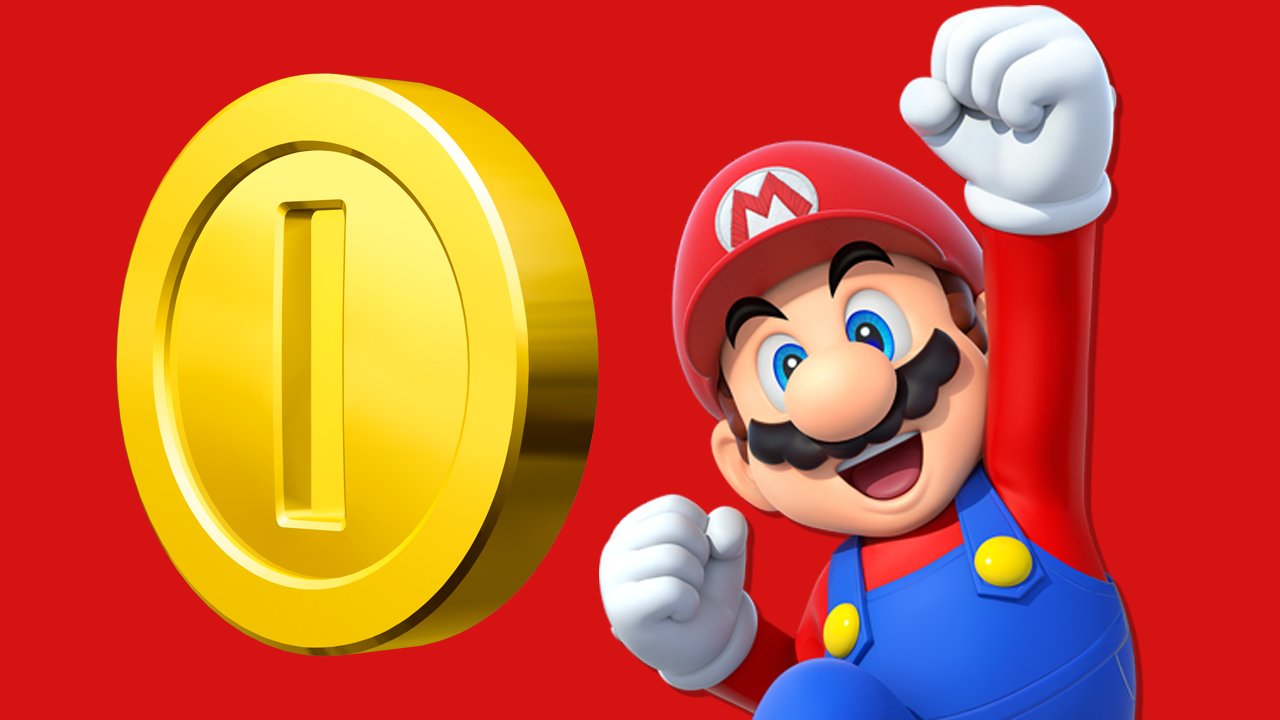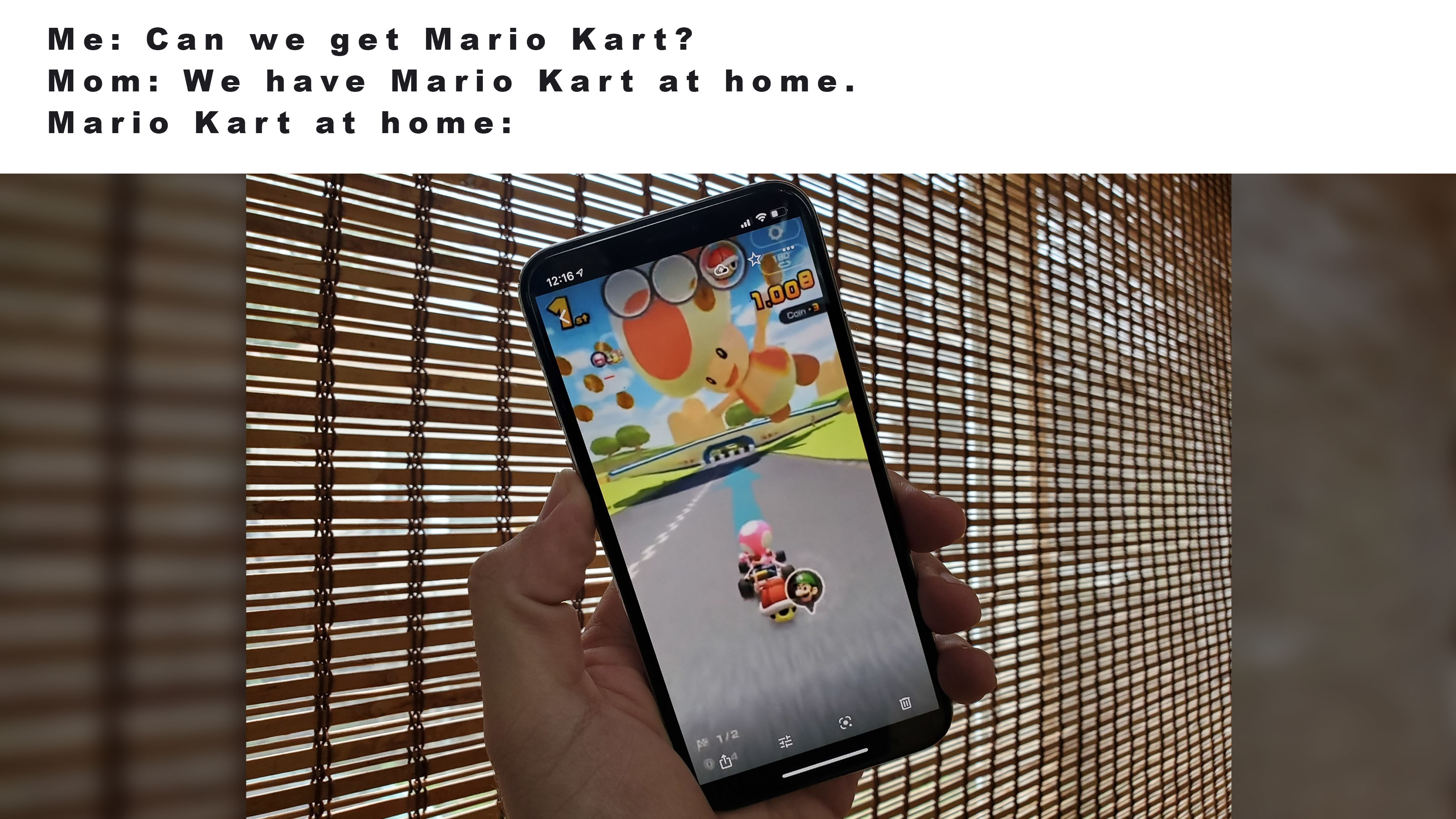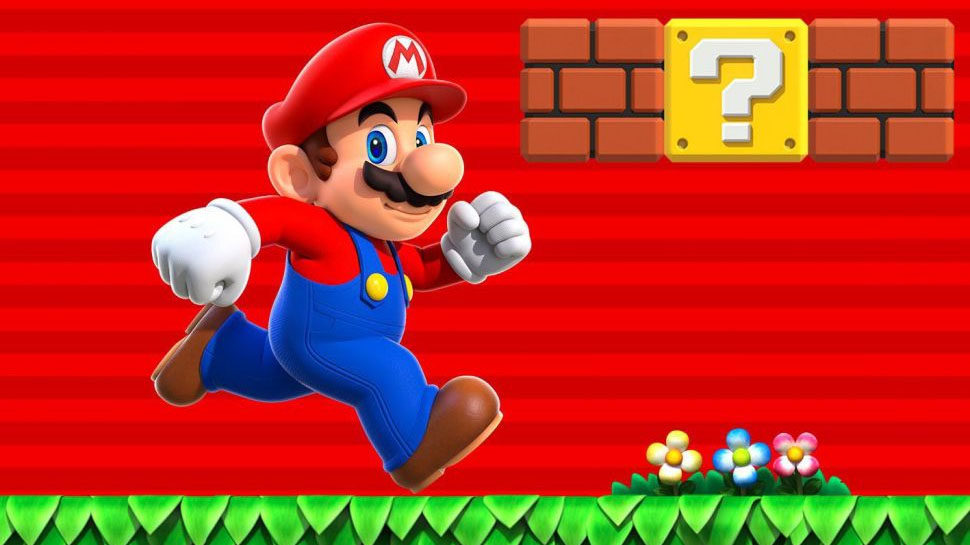Super Mario is jumping off iPhone — and that's a good thing
It's good to see Mario moving away from the App Store.

iMore offers spot-on advice and guidance from our team of experts, with decades of Apple device experience to lean on. Learn more with iMore!
You are now subscribed
Your newsletter sign-up was successful
There's a lot of attention on Mario right now with the success of the Nintendo and Universal co-produced feature film, The Super Mario Bros. Movie now in theaters. With this heightened visibility, many are thinking about Nintendo's future and wondering where the mustachioed mascot will go from here.
One thing is certain though: he isn't triple-jumping his way towards more mobile games, and this is a very good thing for both Mario and his fans.
Nintendo no longer needs Mario on mobile (wahoo!)
Recently, Mario's creator and self-proclaimed "Mario's mom," Shigeru Miyamoto, explained that in addition to a new Mario game being in development (shocker) that the plumber's future slate won't be focusing on mobile games going forward. “Mobile apps will not be the primary path of future Mario games.” said Miyamoto in an interview with Variety. While some might not be happy with this statement, it is a smart choice to get the focus of Mario game development away from smartphones and zeroed in on Nintendo gaming systems.
Miyamoto also recently stated that he loves the Apple ecosystem (he even has the iPhone 13 Pro) and sees "a commonality" between the way Apple runs things and the way Nintendo runs things. This might very well be part of why Nintendo decided to make its first Mario mobile game, Super Mario Run, a timed exclusive for iOS.
Even having Mario on Apple Arcade would be a bad move for Nintendo.
The problem is, mobile games often feel cheap since many rely on overbearing ads and microtransactions. It's this way since most people can't be bothered to pay a decent price for a paid phone game, but some players are more than willing to spend dozens to thousands of dollars on in-app purchases if a game is free to download initially. Granted, this is where Apple Arcade has made a name for itself as an ad-free mobile gaming subscription that's guaranteed to not have any microtransactions.
However, even having Mario on Apple Arcade would be a bad move for Nintendo at this point. It gives Nintendo less control over its game — Nintendo loves to pair its software with hardware it controls — and could leads to fewer profits depending on the deals it cuts with Apple.
Mario represents Nintendo, for good or bad
I'll be the first to say that 2016's Super Mario Run and 2018's Mario Kart Tour, while limited, can be fun mobile games. They also helped spread Mario gaming to a wider audience just as Nintendo intended, and most importantly steadied Nintendo after the fiasco of its failed 2012 Wii U gaming system. However, Mario Kart Tour and Super Mario Run don't live up to the standards of their console counterparts, offering uninspired controls and microtransactions that cheapen the Mario brand overall. This all works together to cast a negative light on Nintendo, Mario, and the company's perceived standards.
iMore offers spot-on advice and guidance from our team of experts, with decades of Apple device experience to lean on. Learn more with iMore!
While not offering the most intensive gaming experience, Nintendo has a strong hold on the handheld market while also managing to draw people in by being the cheapest of the three main gaming console companies. Not to mention, its unparalleled nostalgia in the gaming space helps it maintain a wide audience that spans from small children to adults.
As long as Nintendo can continue to produce popular consoles, its Mario games can continue to earn far more money from its own platform than they can via games on the App Store and Google Play Store. Meanwhile, being on the App Store and Google Play Store just leads to fewer profits and a reduction in quality.
It's common knowledge, thanks to the Apple vs Epic lawsuit, that Apple and Google both charge a high 30% fee for apps and in-app purchases. That adds up to quite a notable amount taken away from Nintendo's Mario games. When sold on Nintendo systems, the middleman is cut away and Nintendo can gain far more profit for its labors.
What's more, the revenue the mobile games have made is only a drop in the bucket compared to the revenue of Mario Switch games. Eight of the Switch's 20 best-selling titles feature Mario in them. Mario Kart 8 leads the charge by a significant amount having earned $3 billion so far. Meanwhile, Super Mario Run earned $60 million in its first year while Mario Kart Tour has hitherto earned $300 million.
Nintendo intended for mobile Mario games to entice players to purchase consoles back when Nintendo was undesirable. But now as the company moves toward its next-gen console, this same tactic could have the opposite effect of cannibalizing Mario console game sales.
The lower quality and simpler button controls of mobile Mario games really take away from Nintendo's reputation
But it's not just the revenue from games and downloadable content (DLC) that makes console gaming profitable for Nintendo. As one of Nintendo's most valuable characters, Mario games are one of the biggest driving factors for Nintendo console purchases. This is why we fully expect to see the Nintendo Switch 2 or next-gen Nintendo gaming console launch with the much overdue Mario Kart 9.
As I stated previously, the lower quality and simpler button controls of mobile Mario games take away from Nintendo's reputation. However, there is one way that Nintendo could focus on bringing Mario games to mobile without tarnishing itself — by creating a paid subscription streaming service similar to Xbox Game Pass on iOS. This would allow the gaming company to better oversee its titles on iPhone and Android smartphones while also allowing for higher-quality Mario games on mobile. This would also do away with pesky microtransactions. Alas, such a thing does not exist as yet.
It's the right decision
Mario is more than a franchise; he is the face of Nintendo. The way he is perceived affects how the Japanese gaming company is perceived. Creating mobile games for the App Store that utilize microtransactions cheapened his image and cheapened Nintendo's as well.
While the first Mario mobile games provided a way to recoup costs due to a failed gaming system, Nintendo is ultimately better for focusing on its own hardware and software rather than creating software for external mobile platforms. It earns far more money that way, can develop far more quality adventures, and maintains the integrity of Mario's image — not to mention its own.

Gaming aficionado Rebecca Spear is iMore's dedicated gaming editor with a focus on Nintendo Switch and iOS gaming. You’ll never catch her without her Switch or her iPad Air handy. If you’ve got a question about Pokémon, The Legend of Zelda, or just about any other Nintendo series check out her guides to help you out. Rebecca has written thousands of articles in the last six years including hundreds of extensive gaming guides, previews, and reviews for both Switch and Apple Arcade. She also loves checking out new gaming accessories like iPhone controllers and has her ear to the ground when it comes to covering the next big trend.



